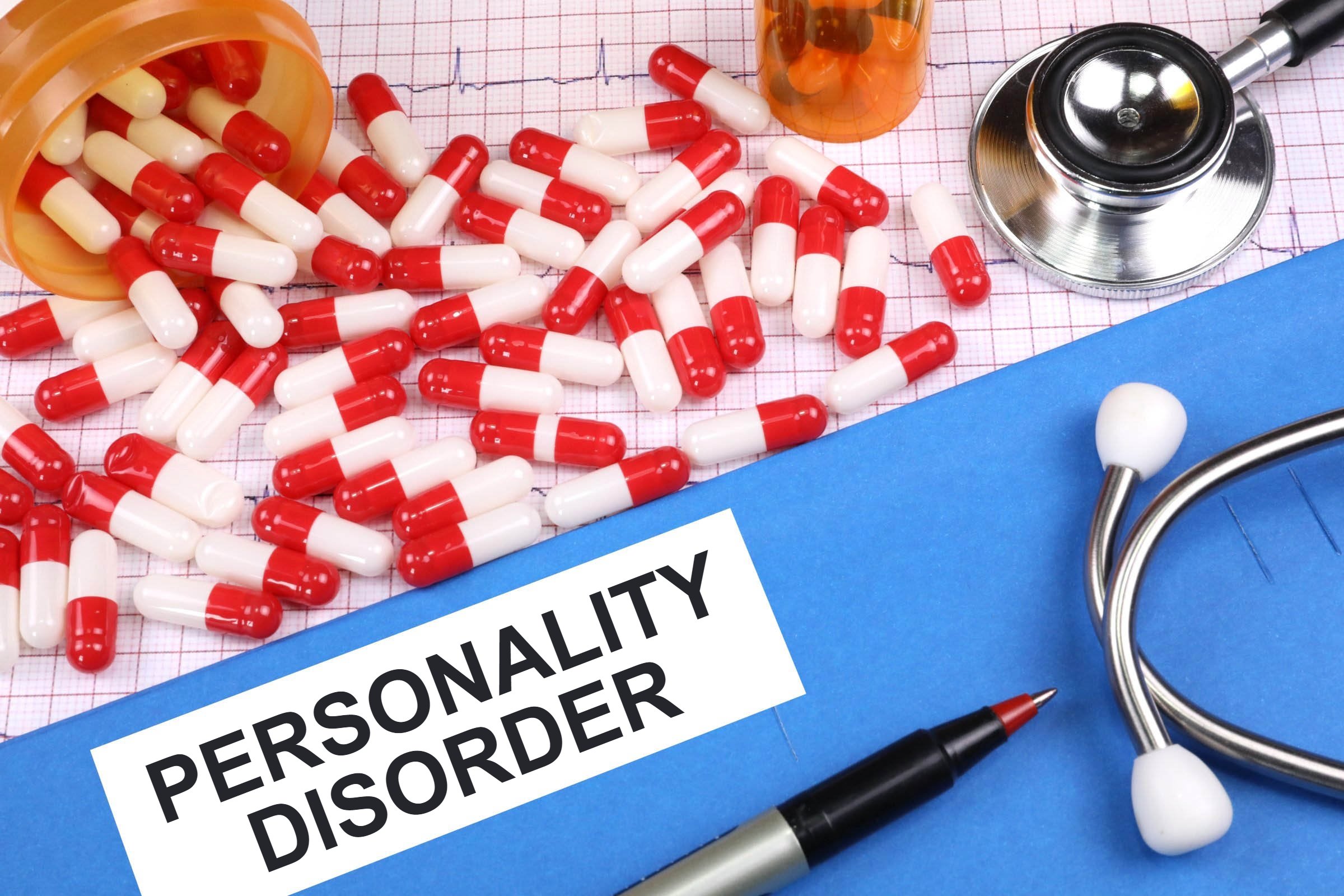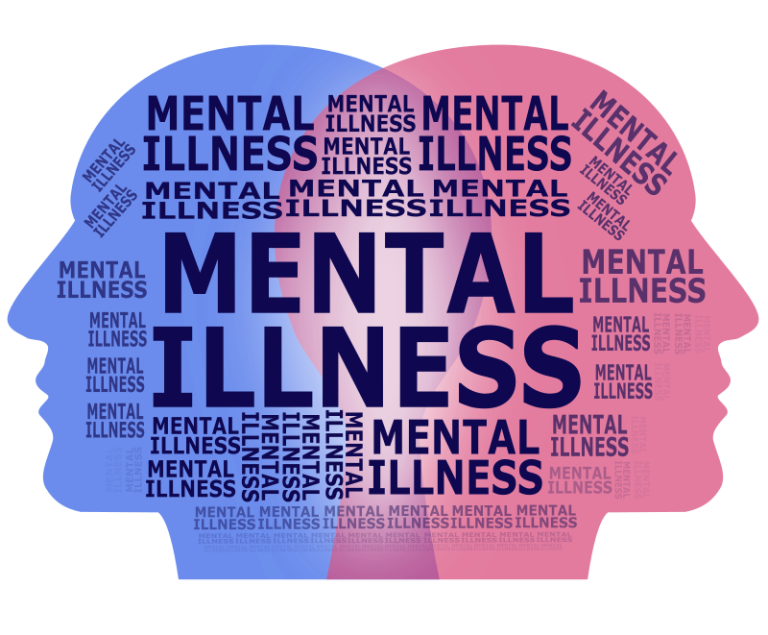Pharmacological Treatments for Borderline Personality Disorder
-
by
Dr Constantina Katsari
- No Comments on Pharmacological Treatments for Borderline Personality Disorder
For carers supporting someone with Borderline Personality Disorder (BPD), the path to clarity is often cluttered with contradictions. Among the most pressing questions is this: Do medications help? With prescriptions frequently issued for antidepressants, antipsychotics, and mood stabilisers, families are often left to wonder whether these drugs truly offer relief, or simply serve as stopgaps in an overstretched mental health system.
A landmark 2021 systematic review published in CNS Drugs offers the most comprehensive answer to date. Drawing on data from 21 randomised controlled trials involving 1,768 participants, this meta-analysis examined the general efficacy and comparative effectiveness of pharmacological treatments for BPD. The findings are sobering: despite the widespread use of medication, the evidence suggests that pharmacotherapies do little to alleviate the core features of BPD.
The review included studies on only nine medications, out of the 87 used in clinical settings. These covered three major drug classes: second-generation antipsychotics, anticonvulsants, and antidepressants. Across the board, these treatments failed to show consistent reductions in the overall severity of BPD. Some studies identified marginal benefits for specific symptoms such as anger, aggression, or affective lability, but these results were drawn from isolated studies and rated as low or very low in certainty.
Second-generation antipsychotics, the most studied class, were found to have a small benefit in improving general psychiatric symptoms, but not the core traits of BPD like identity disturbance or interpersonal instability. Side effects such as weight gain, sedation, and dry mouth were common, and adherence was low; in some trials, up to 68% of participants dropped out. Anticonvulsants like lamotrigine and topiramate showed promise in addressing irritability and emotional lability, but again, the evidence base was thin and inconsistent. As for antidepressants, only one published study of fluoxetine met the criteria for inclusion, and it showed no significant benefit over placebo.
Why, then, are these medications so commonly prescribed? The answer lies partly in clinical habit, and partly in desperation. In the absence of quick-access psychological therapies, medications are often used as provisional support. For clinicians with limited time and few options, prescribing something may feel better than nothing. Yet as the authors of the review emphasise, these decisions are not benign. Overmedication is common, with nearly one in five patients with BPD taking four or more psychotropic drugs. This polypharmacy increases the risk of side effects, interactions, and long-term health complications.
The study also highlights a stark research gap. Most trials were small, short in duration, and excluded people with co-occurring conditions like PTSD or substance use disorders—a group that represents the majority of those with BPD. Adolescents were notably absent from all trials. Nearly all participants were white and female, raising concerns about the generalisability of findings. Moreover, none of the studies evaluated long-term outcomes such as sustained recovery or quality of life, and no medication showed any consistent benefit in improving social or occupational functioning.
For UK carers, this evidence resonates with daily experience. Families often witness firsthand that medication may reduce surface-level symptoms without addressing the deeper relational and emotional patterns of BPD. And yet, faced with long waiting times for therapy or no access at all, medication remains the default offer.
Guidance from the National Institute for Health and Care Excellence (NICE) is clear: pharmacological treatment should not be used as the primary intervention for BPD. Instead, talking therapies like Dialectical Behaviour Therapy (DBT), Mentalisation-Based Treatment (MBT), and Structured Clinical Management are recommended. These approaches require time, trust, and specialised delivery. They are often not immediately available.
So what can carers do in this landscape of limited options and uncertain evidence?
First, it’s crucial to understand what medication can and cannot do. Some medications may help reduce anxiety, improve sleep, or take the edge off specific symptoms. But they will not resolve the underlying personality dynamics at the heart of BPD. Clear expectations, ongoing dialogue with prescribers, and careful monitoring of side effects are essential.
Second, carers must be equipped with tools that reflect the realities of living alongside someone with BPD. BPD UK offers digital-first, evidence-informed support for exactly this reason. Through our AI-powered BPD Coach, live webinars, and peer-led groups, we translate clinical insight into accessible, practical strategies that work in everyday settings.
Third, it’s vital for carers to seek support for themselves. Navigating BPD is emotionally taxing, particularly when you’re handed responsibility without the resources to back it up. Peer support, carer education, and structured interventions can make a measurable difference in family resilience and crisis prevention.
Ultimately, the findings of this systematic review reinforce what many carers already feel: that the answers won’t be found in a prescription pad alone. Healing from BPD is possible, but it requires sustained, relational, and psychologically grounded support. Carers are not just bystanders in this journey—they are co-navigators. And with the right support, they can play a transformative role.
To read the full systematic review, visit: https://link.springer.com/article/10.1007/s40263-021-00844-4
💬 Caring for someone with BPD?
👉 Book a FREE One2One support session
🧠 Join our FREE webinars and peer groups
📩 To book email us at: info.bpduk@gmail.com
Discover more from BPD UK
Subscribe to get the latest posts sent to your email.




